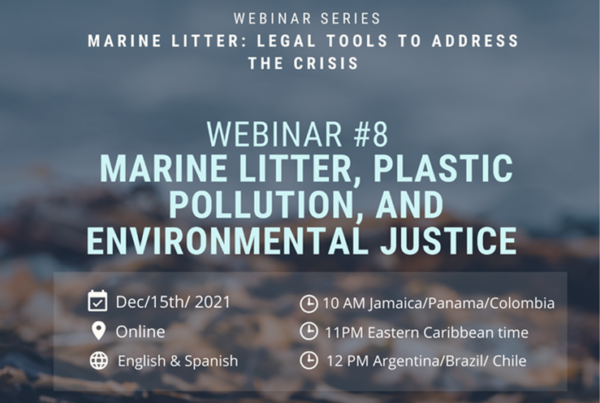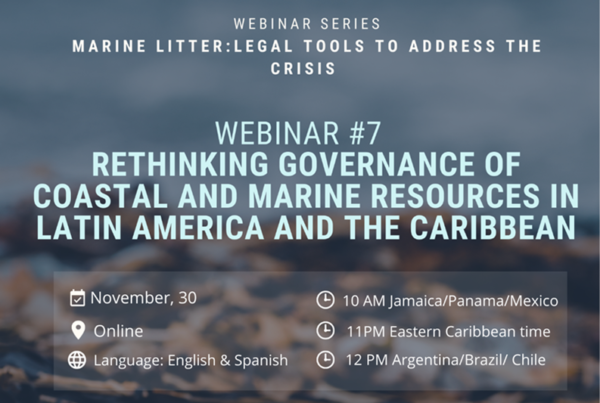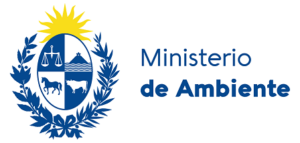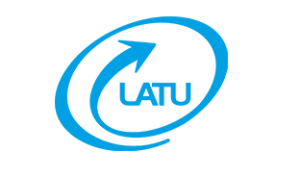
This report seeks to provide recommendations, exchange experiences from the different stages of the life-cycle and promote technical assistance and regional cooperation regarding the sound management of ULAB. It is developed in the context of the programme of work of the Intergovernmental Network on Chemicals and Waste for Latin America and the Caribbean, framed within the Chemicals, Waste and Air Quality Subprogramme of the UN Environment Programme (UNEP), which aims to develop technical reports to strengthen the knowledge and capacities of the countries of the region.
The main objective of this report is to review ULAB experiences in Latin America and the Caribbean, particularly those cases that have included or plan to include EPR schemes, identifying the main lessons learned and challenges in their implementation.
The ultimate objective is to provide a series of recommendations that will serve the countries of Latin America and the Caribbean to introduce concrete improvements in the management of this waste stream, exchange experiences in the different stages of the life-cycle and promote technical assistance and regional cooperation.
Document structure:
In Section I of the document, a brief introduction is made on the background of the management of ULAB in the framework of multilateral environmental agreements, international fora and regional contexts. Likewise, the objective and scope of this report are presented, describing the methodology for its development.
In Section II the impacts on health and the environment resulting from poor management of ULAB are analysed, while Section III highlights the need to achieve the sound management of ULAB emphasizing the use of two relevant documents elaborated within the framework of the Basel Convention: the Technical Guidelines for the Environmentally Sound Management of Waste Lead-Acid Batteries and the Training Manual for the Preparation of National Used Lead-Acid Batteries Environmentally Sound Management Plans in the context of the implementation.
Section IV introduces the EPR model and its application in the region. Moreover, international management of ULAB systems with an EPR approach are analysed.
Section V includes a comparative analysis of the management of ULAB systems in seven countries of the region: Brazil, Chile, Colombia, Costa Rica,
Honduras, the Dominican Republic, and Uruguay.
Extended Producer Responsibility (EPR) schemes for used lead-acid batteries (ULAB) in the Latin American and Caribbean region: Report ULAB-EN








